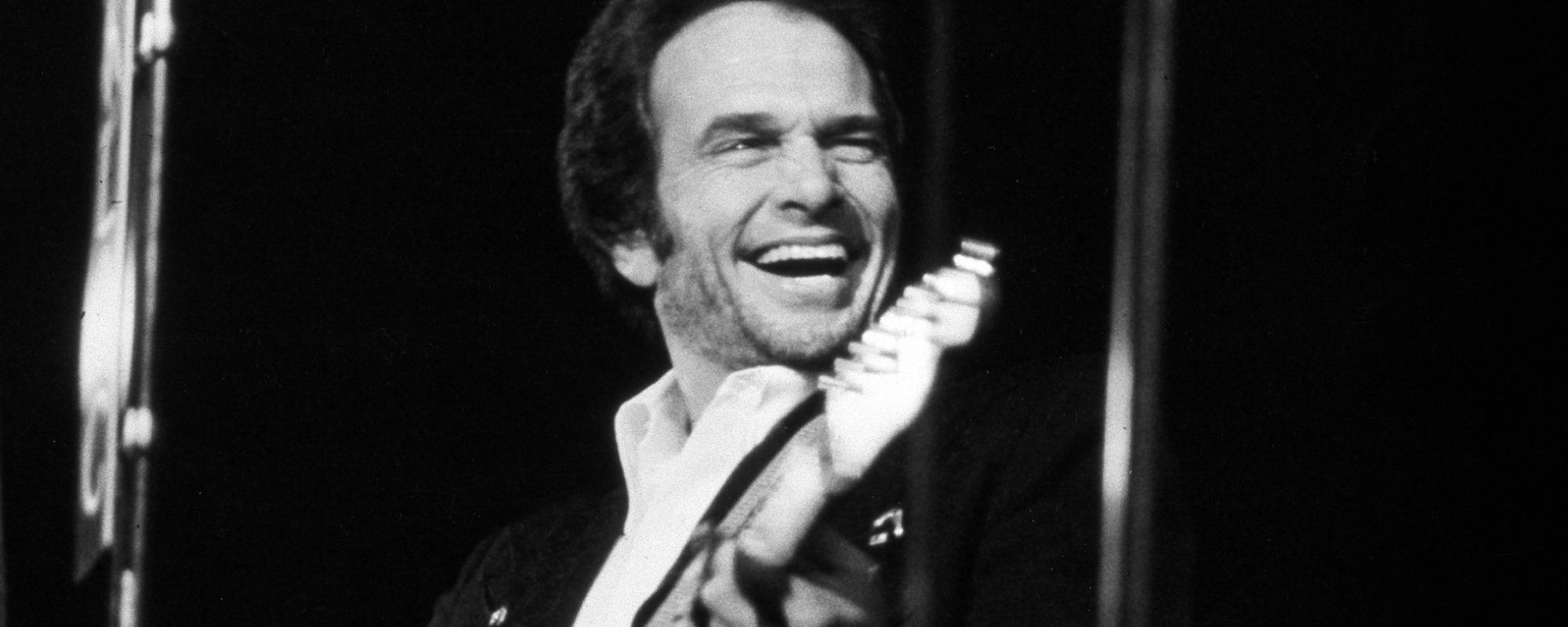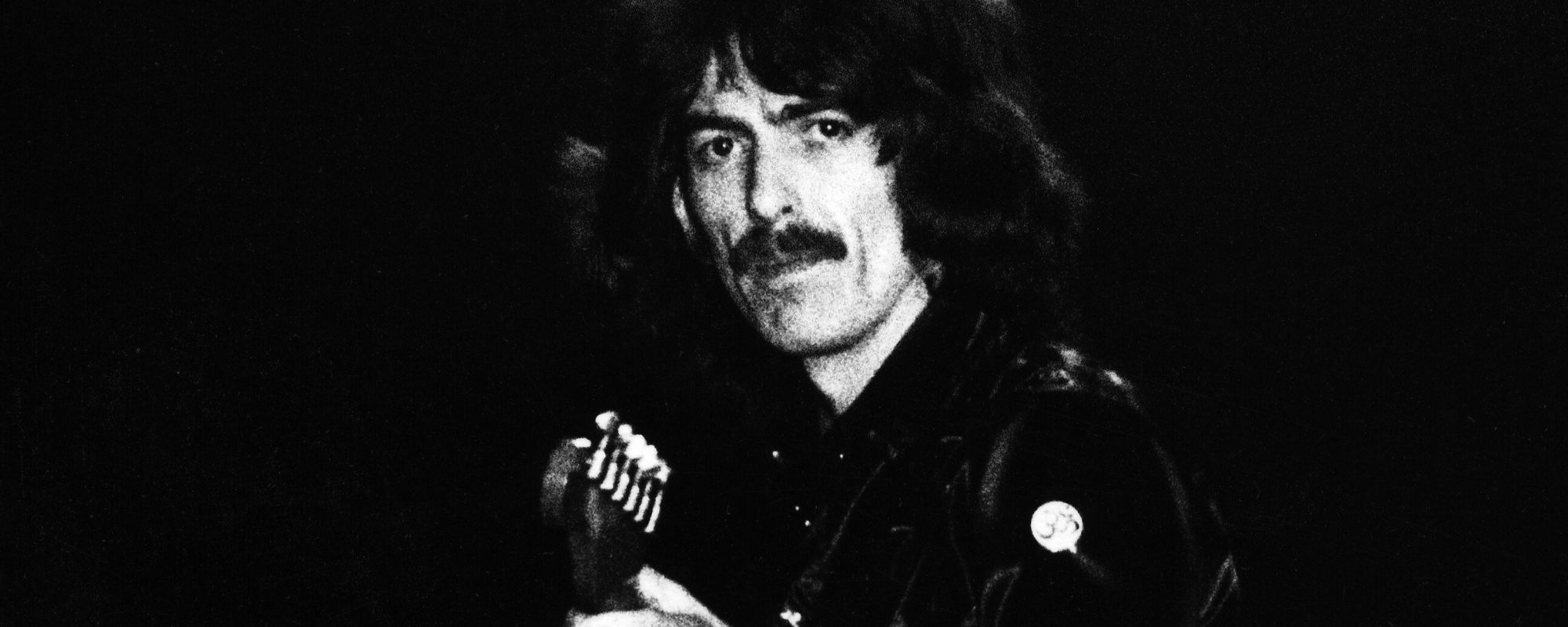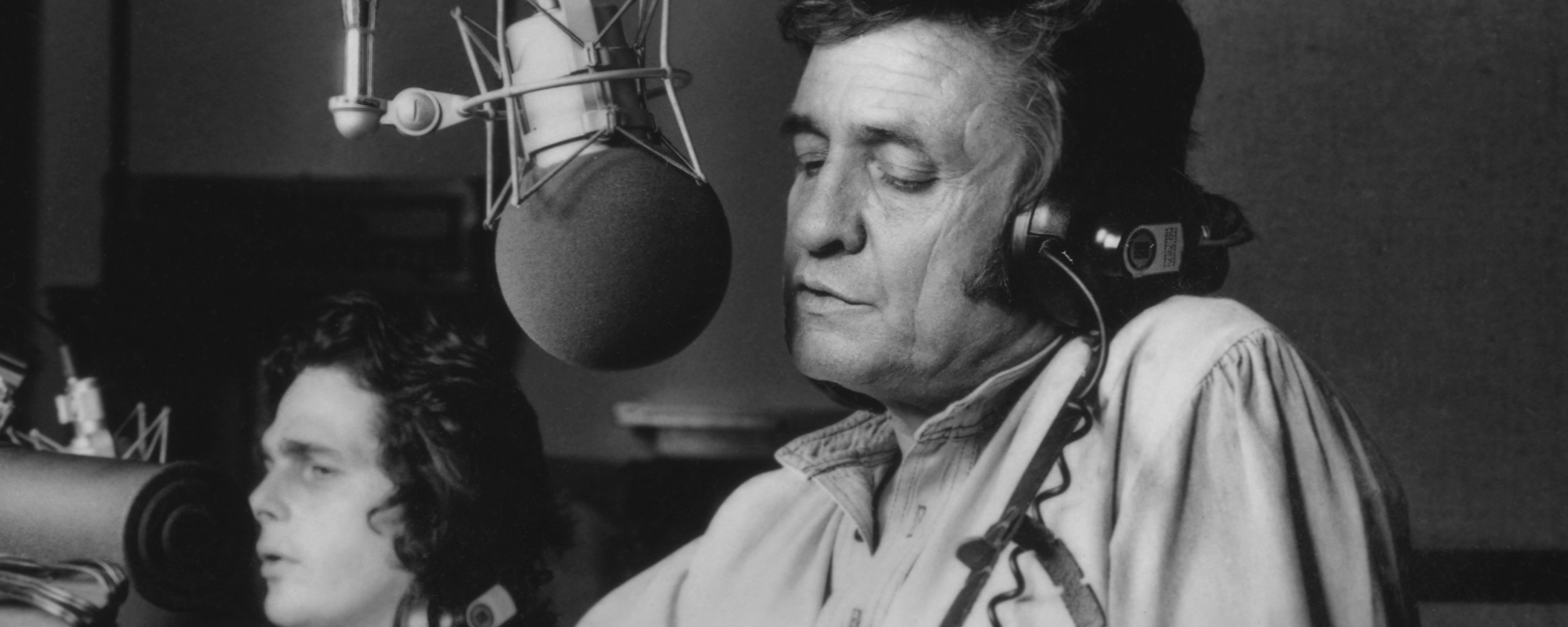When Jeannie C. Riley first heard “Harper Valley P.T.A.”, the song that would turn her into a one-hit wonder in 1968, she was working as a secretary for Nashville songwriter Jerry Chesnut. The demo, which sounded like a two-bit imitation of Bobbie Gentry, wasn’t enough to impress Riley. Moreover, Riley was annoyed at Plantation Records owner Shelby Singleton for insisting she change her name to Rhonda Renae and exclusively wear miniskirts, in reference to the mother who “socked it to the Harper Valley P.T.A.” Riley didn’t want to oblige either request.
Videos by American Songwriter
Nonetheless, Riley’s friends pushed her to sign a three-year contract to record with Plantation Records, due in no small part to the fact that those friends wrote the song that the label slated for the B-side. Decades later, Riley would say, “I was mad at my friends for puttin’ me on the spot, I was mad at myself for not being able to say no, and I was mad at some other things. All that anger came out in the song. I just opened my mouth and let it rip. I sassed everybody I was mad at. That’s why it came out like that.”
And indeed, that sass played exceptionally well. The one-hit wonder from 1968 topped both the Billboard Hot 100 and Hot Country Singles charts, making her the first woman to top two different charts.
This 1968 One-Hit Wonder Was Inspired by a True Story
Tom T. Hall based “Harper Valley P.T.A.” on a true story he witnessed as a child. Speaking to the Country Music Hall of Fame and Museum in 2005, Hall described the “really free spirit” from his hometown, Olive Hill, Kentucky. The local PTA contacted the woman about her lifestyle through her daughter. “She took umbrage at that and went down and made a speech to them,” Hall said. “Here’s this ordinary woman taking on the aristocracy of Olive Hill, Kentucky, population 1,300. It was unheard of.”
Jeannie C. Riley would channel this frustration into her own rendition. Somewhat ironically, though, she came to detest the image her record label wanted her to uphold—the same image the defiant mother is defending in the 1968 one-hit wonder. Riley later recalled Shelby Singleton telling her, “It doesn’t matter where you are. This is your image. This is who you are. If you’re in an airplane or in a supermarket, if you’re in church, you need to be in a miniskirt, ‘cause that’s who you are.” She replied, “Well, why? I was the little girl who brought the note home. I was made to be the mother and expected to be.”
Despite the success surrounding her debut single, Riley didn’t take well to the pop music environment. She became a born-again Christian in the mid-1970s, pivoting to gospel music. Even if she was eager to separate herself from her late 1960s image, Jeannie C. Riley’s pop-country sound and sexualized, feminine style paved the way for similar artists like Shania Twain decades later.
Photo by Doug Griffin/Toronto Star via Getty Images












Leave a Reply
Only members can comment. Become a member. Already a member? Log in.